
The Valiant Leader
Pinchas became the anointed "Wartime Priest" - Mashuach Milchama - not because of his lineage but because he proved himself in time of turmoil…

In recent months (in 2012), we’ve lost some of our people’s leading spiritual leaders. There’s no adjective in the English language that can begin to describe the loss of the Mirrer Rosh Yeshiva Rabbi Natan Zvi Finkel, the Torah-Ohr Rosh Yeshiva Rabbi Chaim Pinchas Scheinberg, the Nodvorner Rebbe or the Vizhnitzer Rebbe, all of blessed and saintly memory. We can only beg Hashem to give us a spiritual leader who can uplift our people, meet the challenges of these times, and safely bring us to the full redemption of our people, soon, amen.
What type of leader do we need?
The Melitzer Rebbe answered this question with a story:
During the turbulent times of the Russian Revolution in 1917, the harsh winds of communism and atheism began blowing all across Russia. The “enlightened” heretics were making a massive effort to convince Jews that their emancipation depended on their casting away the yoke of Torah and mitzvot. And, when the Jews weren’t convinced, they were often coerced. These were terrible times.
Meanwhile, in one of Russia’s many small towns where a majority of the population was Jewish, the local rabbi died. He was a gentle and learned man of piety whom everyone loved.
A fierce argument broke out in the small town after the shiva, the seven-day mourning period. The elders of the town wanted to crown the rabbi’s oldest son as their new rabbi, in line with centuries-old tradition that if the deceased rabbi’s son is worthy, he replaces his father. The rabbi’s son was certainly a pious Torah scholar like his father, with ordinations from the generation’s leading rabbinical luminaries. He was also gentle and soft-spoken like his father. The elders claimed that he’d be perfect for the position.
The town’s young people were bitterly opposed. True, they respected the rabbi’s son, but they claimed that he was out of touch with the challenges of the generation. Every single day, more and more young Jewish men were cutting off their beards and falling into the traps of the communists and the enlightenists. The town’s young people claimed that the rabbi’s son wouldn’t be able to do anything to fight this tide of atheism and emancipation. They needed to bring in someone fierce and dynamic from the outside, a rabbi who’d lead the town with a fearless strong hand, otherwise soon there would be no one in the community but old people.
The argument ensued for weeks until an objective outsider suggested that both sides take their argument to the holy Chofetz Chaim in Radin, agreeing to abide by whatever he decides. They agreed, and traveled to Radin.
The Chofetz Chaim listened with total intent to each side, carefully weighing each word of their respective arguments. When both sides finished speaking, he closed his eyes in deep concentration for three or four minutes. You could hear a pin drop in the room; the tension was very high…
The Chofetz Chaim opened his eyes and began to speak: “There’s a difference between the Kohen Hagadol (High Priest) and the Mashuach Milchama (the anointed priest who leads the army in battle). The Torah teaches us that when Aaron the High Priest passed away, his son Elazar replaced him. Elazar was certainly a worthy replacement, a holy scholar like his father. Yet, Pinchas became the Mashuach Milchama, not because he was Elazar’s son but because he proved himself in time of turmoil as a valiant spiritual leader who served Hashem with total dedication and zeal, afraid of no one. So we see that the office of Kohen Hagadol is hereditary, whereas the Mashuach Milchama is not.”
The Chofetz Chaim took a deep breath and continued. “In the old days, before the cancer of the so-called Enlightenment began spreading across Eastern Europe, a town would choose the finest Torah scholar it could find as its rabbi and spiritual leader. Yet today, things are different; there’s a war raging against emuna and anything Jewish. We need valiant leaders who can bravely stand up to our spiritual enemies and bring our young people back to the fold. I therefore respectfully concur with the young people of your town – search for a rabbi who will be a forceful and valiant leader to fight the war of Torah and emuna!”
* * *
Today, more than ever, we need valiant spiritual leaders who are afraid of no one but Hashem. Quiet Torah scholars could be capable of being a High Priest, but they don’t necessarily have the qualifications to lead us in battle. We need rabbis who aren’t afraid to speak out, even if it means jolting the establishment. We need rabbis who don’t consider the political ramifications of what they say. We need rabbis who are brave enough to blow the whistle on such evil as child molestation and destroying the homes of Jews in the Land of Israel. We need rabbis who can take the heat. We need rabbis of impeccable character and unblemished personal ethics and holiness who can serve as spiritual leaders and role models for all of us. In short, with enemies all around us, we need a valiant Mashuach Milchama to lead us in the final battle for the full redemption of our people, speedily and in our days, amen!


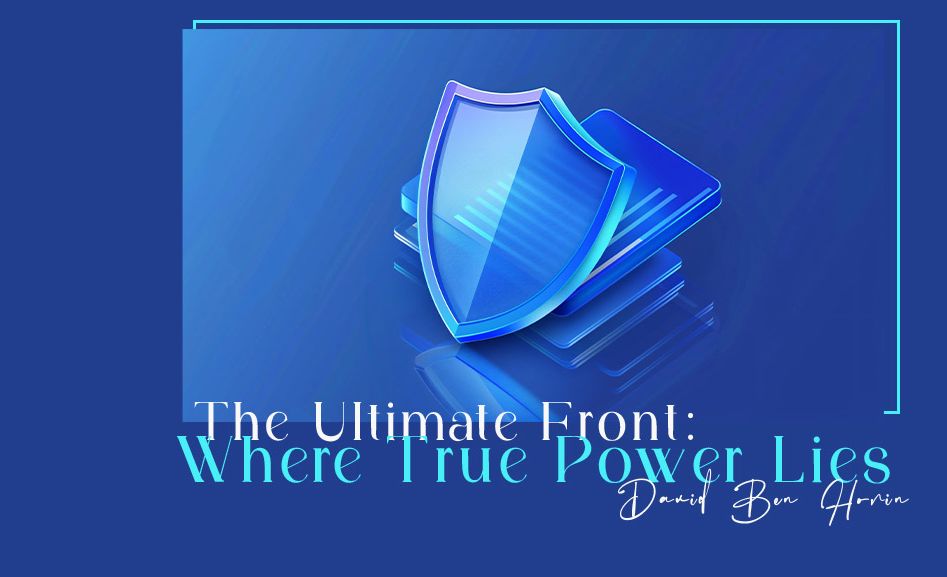
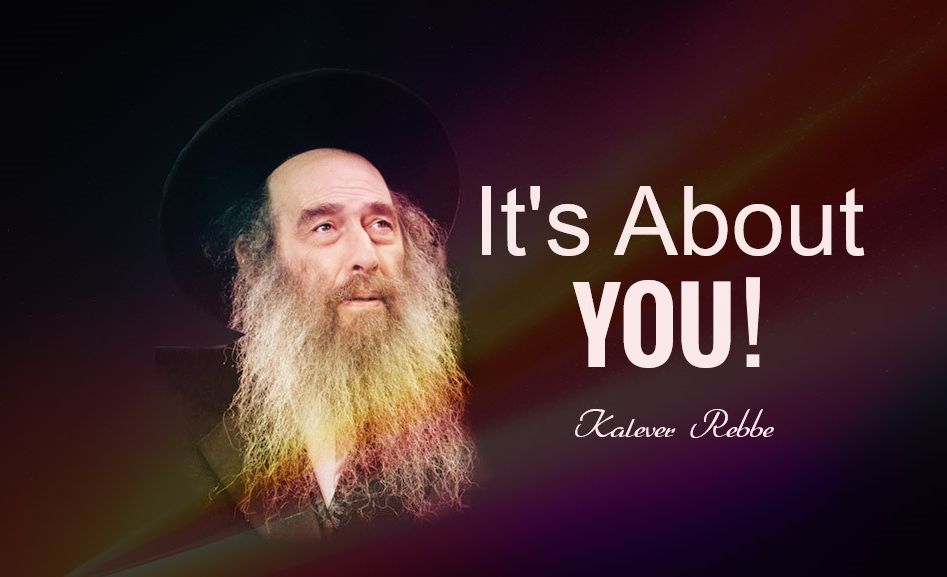

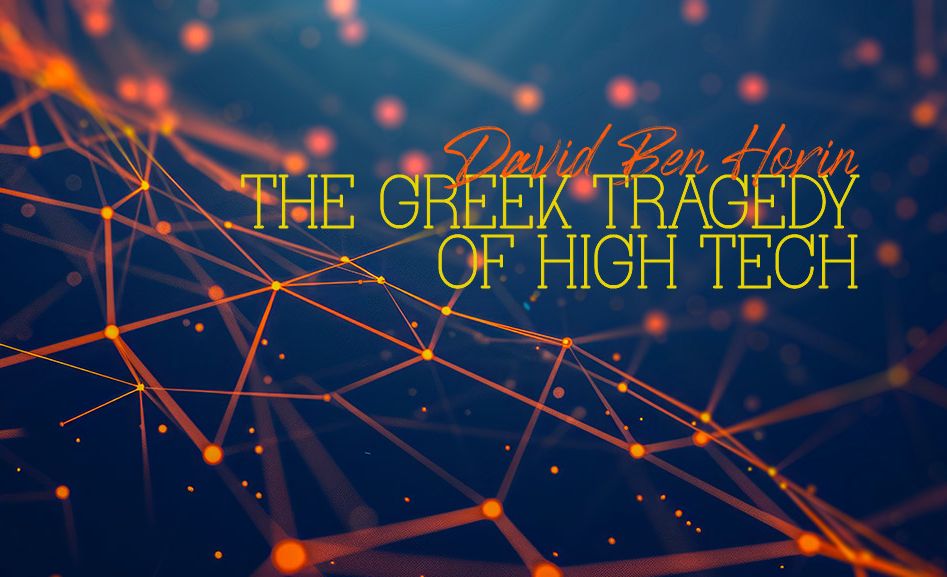
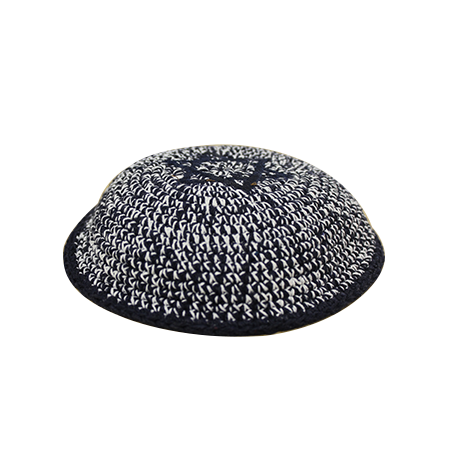



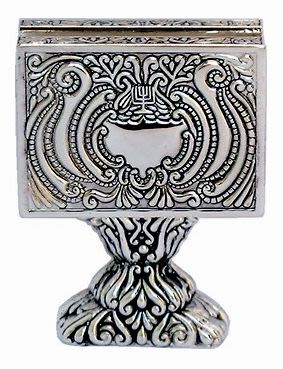
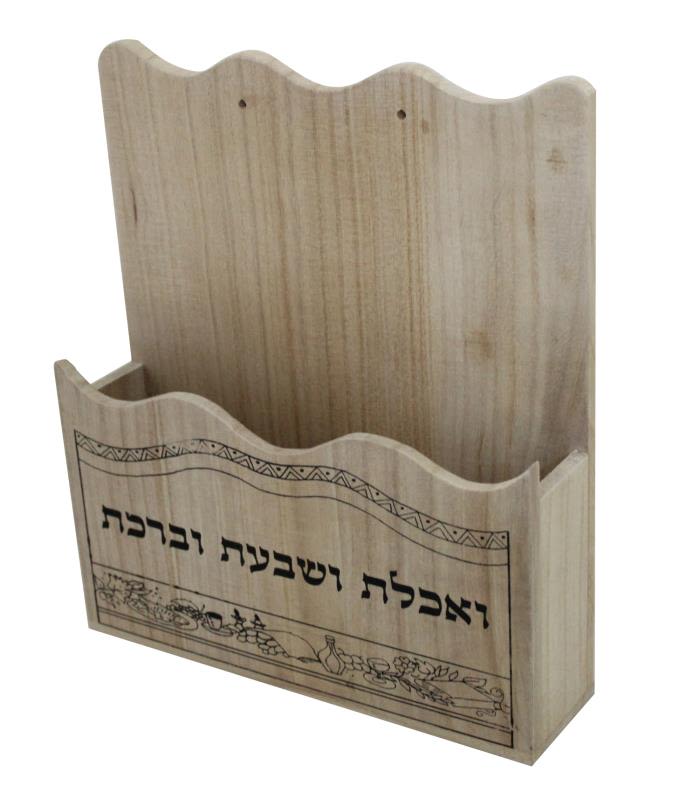
Tell us what you think!
Thank you for your comment!
It will be published after approval by the Editor.